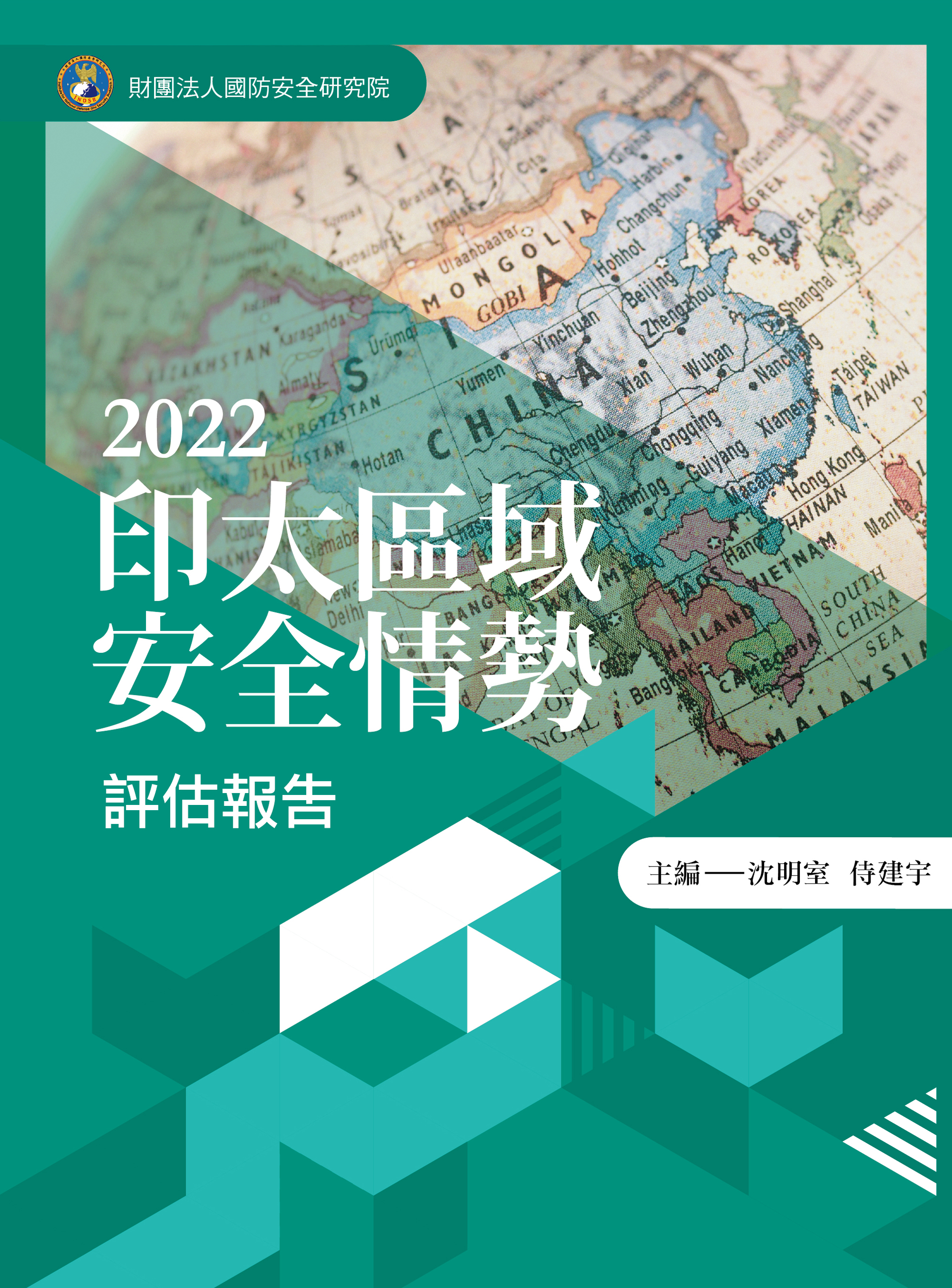Chapter 14 The Legal Battle between Russia and Ukraine –What Taiwan can Learn
2023.01.17
Views
761
PDF link:第十四章 俄烏戰爭國際法攻防與對台啟示.pdf
Abstract
On February 24, 2022, Russia officially launched a “special military operation” against Ukraine. The invasion of Ukraine was clearly a violation of international law, particularly Article 2(4) of the UN Charter prohibiting the use of force against another state. Nevertheless, Russia claimed that its actions were lawful and attempted to justify it by using the language of the law. Notably, Russia claimed that it was exercising its right of self-defense against the expansion of NATO, and that it was protecting the Russian-speaking people in eastern Ukraine, the Donbas region, from genocide committing by the Kiev regime. But these justifications are baseless in international law.
Ukraine immediately challenged Russia’s allegations before the International Court of Justice (ICJ) right after Russia’s invasion. Ukraine argued that the genocide claims made by Russia were false and could not be used to justify Russia’s military actions in Ukraine. On February 26, Ukraine also submitted a request for provisional measures to the ICJ. The ICJ granted Ukraine’s request on March 16 and ordered Russia to immediately cease its military operations in Ukraine.
Russia’s jus ad bellum claims lack any credible justification. As to the question of jus in bello, it is possible that both parties might be in contravention of international law, particularly international humanitarian law. Evidence points out that Russia has attacked civilians and unlawful targets, even using illegal weapons such as cluster munitions. On March 2, the International Criminal Court (ICC) also opened an investigation into the Situation in Ukraine. Although both Ukraine and Russia are not State parties to the Rome Statute, Ukraine has made a declaration that it will accept the Court’s jurisdiction over ongoing alleged crimes committed throughout the territory of Ukraine from 20 February 2014 onwards. In addition, The Office of the Prosecutor of the ICC joined a joint investigative team of Ukraine, Lithuania and Poland regarding the prosecution of Russian crimes. Because of legal restraints, the ICC has no jurisdiction over crimes of aggression. However, in September, Ukraine formed a working group on a special tribunal on aggression. These efforts all show that Ukraine is actively using different international legal forums to bring Russia and especially President Putin to justice and facing the consequences of waging war. It is important to note that legal battles take time and need to have strategic planning in advance. Taiwan should be prepared for future conflicts with China and have its legal arguments ready.

